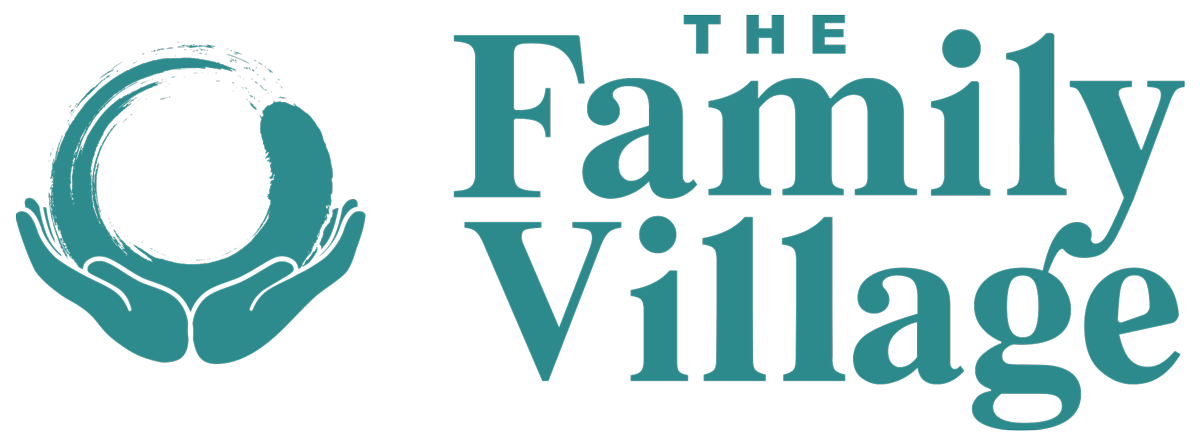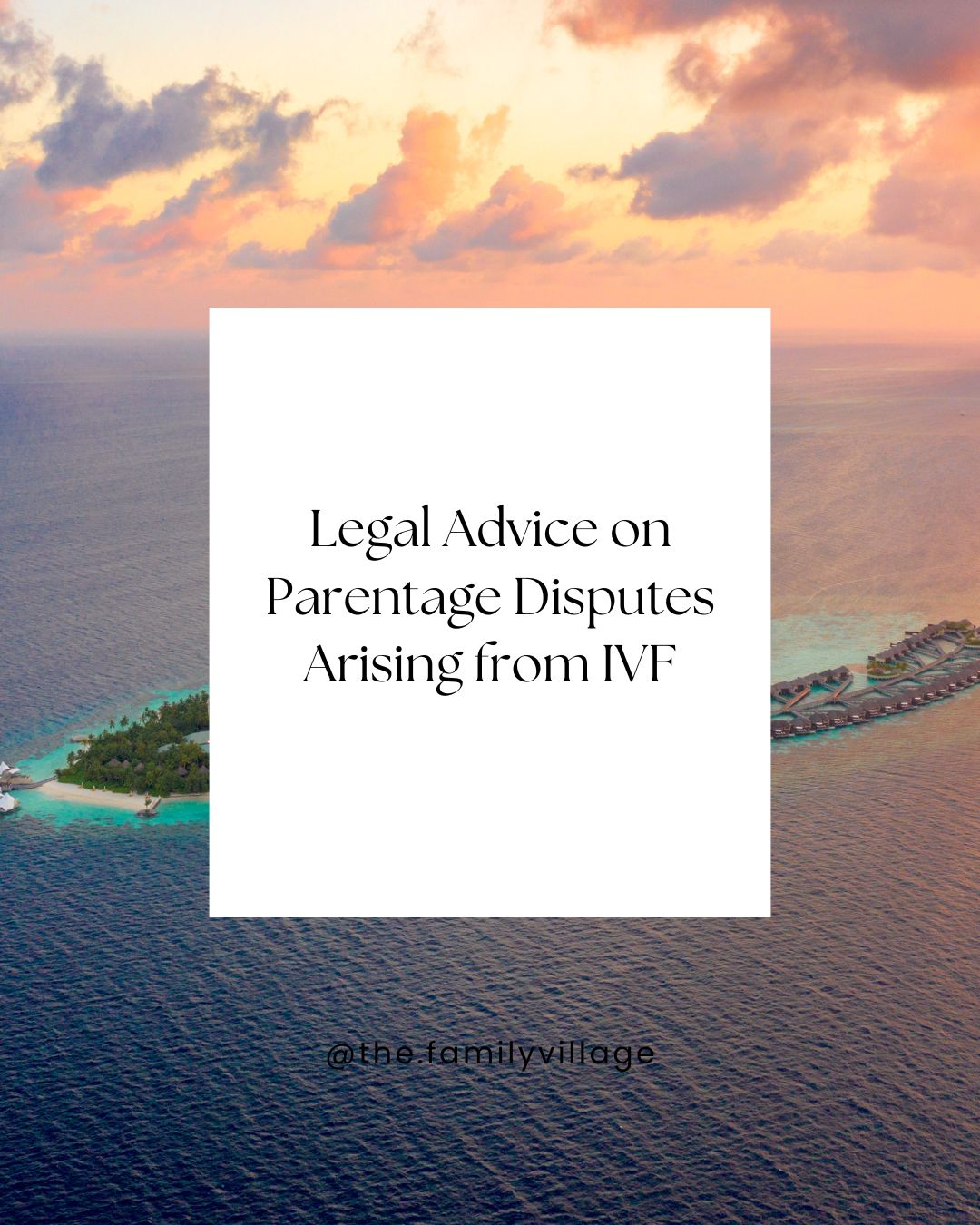Embryo Transfer Error in ART: A Call for Reform and Responsibility
Globally, there have been rare but significant cases where incorrect gametes or embryos were used during assisted reproductive technology (ART) procedures. A notable case occurred in England in 2002, where a woman received embryos from another couple in error. The situation became apparent at the birth of the children due to a visible difference in racial background. Both the genetic and gestational parents asserted parental rights. The court ultimately determined that the genetic father was the legal parent, while custody of the children was granted to the birth parents. This and other similar legal cases reflect a consistent principle: decisions concerning parental rights are guided first and foremost by the best interests of the child.
A Landmark Case in Australia
In a case that has deeply unsettled both the medical and legal sectors, a Brisbane woman gave birth to a child who was not genetically hers, following a serious procedural failure at Monash IVF. Believed to be the first incident of its kind in Australia, this situation has brought to light serious deficiencies in ART safety and oversight, and has sparked important discussions about accountability, ethics, and child welfare.
While fertility treatments bring hope to countless families, this case illustrates the immense responsibility placed on fertility providers—and the life-altering consequences that can result when systems fail.
What Went Wrong
According to public reports, the incident occurred when Monash IVF mistakenly thawed and implanted an embryo belonging to another couple. The woman who carried and gave birth to the child did so believing that the embryo was her own. The error was discovered over a year later, during an audit triggered by a separate inquiry from the genetic parents, who were seeking to transfer their remaining embryos to another facility. It was during this review that the extra embryo was identified, revealing the mistake.
The clinic has acknowledged that the incident was the result of human error, despite having safety protocols designed to prevent such failures. A formal independent investigation, led by Senior Counsel Fiona McLeod, is now underway to determine how the breakdown occurred and what measures should be implemented to prevent recurrence.
Legal Issues: Negligence, Agreements, and Parentage
From a legal perspective, this case engages multiple areas of potential liability: medical negligence, breach of contract, and questions of legal parentage. For more on disputes about legal parentage in the ART/IVF context, see our blog on Parentage disputes in IVF, which explores similar issues when embryo or gamete errors occur.
Negligence is perhaps the most apparent issue. ART clinics owe a clear duty of care to their patients throughout the treatment process—from gamete collection and embryo handling to transfer and follow-up. An error of this magnitude arguably constitutes a breach of that duty. If patients can demonstrate they have suffered harm—emotional, psychological, or financial—as a result, they may be eligible for compensation. The emotional distress alone may lead to claims of psychiatric injury by one or both families involved.
There is also the potential for breach of contract. IVF treatments typically involve signed agreements detailing the obligations of both the clinic and the patient. Failing to correctly perform an embryo transfer could be seen as a fundamental breach of these agreements, opening the door to legal claims.
Perhaps the most complex issue lies in determining legal parentage. Under Australian law, the woman who gives birth is generally regarded as the legal mother, regardless of genetic links. However, exceptions exist for cases involving donor arrangements or surrogacy. This case presents a unique and difficult scenario: the birth mother is not genetically related to the child, and the genetic parents did not consent to a surrogacy arrangement. Resolving the child’s legal status and determining who holds parental rights may ultimately require judicial determination, with the child’s best interests as the guiding principle.
Regulatory Gaps and Policy Considerations
This incident also brings broader policy challenges into focus, particularly the fragmented regulatory environment surrounding ART in Australia. While some states and territories have dedicated legislation, others, including Queensland where this case occurred, rely mainly on national accreditation standards.
Accreditation of ART providers is overseen by the Reproductive Technology Accreditation Committee (RTAC), under the Fertility Society of Australia and New Zealand. Clinics are required to meet specific criteria, but there is no unified federal legislation governing the daily operations of fertility services. This inconsistent oversight can lead to variable safety protocols, differing standards of care, and unclear mechanisms for addressing complaints or errors.
Systemic Concerns: Protocols and Transparency
Despite claims by Monash IVF that protocols were in place, the fact that such a grave mistake occurred—and went undetected for more than a year—raises serious questions. It suggests that existing safeguards may be inadequate, or that human error is not being sufficiently mitigated by checks and technology. Many clinics still rely heavily on manual processes such as handwritten labeling or verbal verification. Moving toward more robust solutions—such as electronic tagging, biometric tracking, and mandatory dual-verification systems—could substantially reduce the risk of similar incidents in the future.
Transparency and Reporting
The delayed discovery and disclosure of the error have also raised concerns about transparency. The mistake only came to light following an unrelated inquiry, more than a year after the child’s birth. This delay suggests a need for stricter requirements around incident reporting. Laws mandating timely disclosure of critical events—to patients, regulators, and perhaps the public—could help improve accountability and maintain public confidence in ART services.
Looking Ahead
This case may serve as a pivotal moment for Australia’s fertility sector. It highlights the need for more comprehensive oversight, consistent national legislation, and clearer guidance around legal parentage in complex ART scenarios.
Government action may be required to unify ART regulation nationwide, ensuring that all clinics operate under consistent safety, reporting, and ethical standards. There is also a pressing need to review and potentially reform laws governing parentage to better reflect the realities of modern reproductive medicine.
For individuals and families considering fertility treatment, this case serves as a powerful reminder of the importance of informed consent, clear communication, and legal safeguards throughout the process with the guidance of an IVF lawyer.
While rare, incidents like this have lasting emotional and legal consequences. Preventing them in the future will require a collective commitment to rigorous safety, transparent practices, and reform across both medical and legal frameworks. Only then can we ensure that every path to parenthood is protected with the care and dignity it deserves.
If you require legal assistance in relation to disputes about gamete use or parentage, please email us at hello@thefamilyvillage.com.au or make an appointment using the link below.
This article does not contain legal advice. It has been created for information sharing purposes only on the services provided by our firm. If you require legal advice in relation to the issues raised in this blog, please make an appointment with our office.




